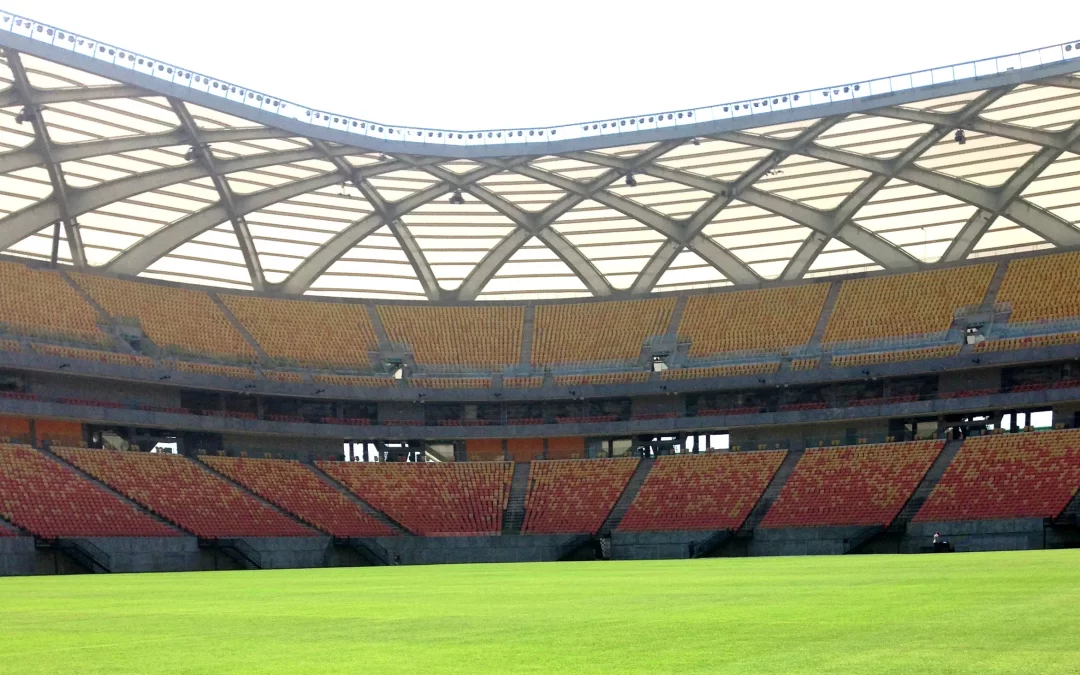With the opening ceremony scheduled for Friday, the Paris Olympic Games have already begun with the men’s and women’s soccer matches.
The quality of the lawns is essential for the games to perform well, and grass production is carried out with the same care as a crop.
Brazil stands out worldwide in this sector. In the 2022 World Cup in Qatar, the grass used in the stadiums was platinum, a variety of a species native to Brazil.
In an interview with the Agro em Campo program on Canal Rural, agricultural engineer and master in Agronomy from Unesp, Patrick Ferreira, explained that the production of this grass is done through seedlings and requires an irrigation system with a central pivot, in addition to care such as fertilization, pest control and regular pruning to stimulate growth.
Rodrigo Santos, also an agricultural engineer, participated in the development of the lawns for the 2022 World Cup and highlighted that, despite the specific requirements, the management is similar to that of other crops, with conventional care applied to ensure quality.
Bermuda grass, used in more than 90% of Brazilian stadiums, has a high regeneration capacity, ideal for the intense football calendar in the country, which can have more than 50 games per season. Ferreira highlighted the ideal characteristics of this species, such as soft, thin leaves, which cushion falls and improve playability.
The main grass production hub in Brazil is located in Tatuí, in the interior of São Paulo, with 700 hectares cultivated annually, supplying stadiums and golf courses throughout the country. Maristela Kuhn, an agricultural engineer responsible for installing grass pitches in several Brazilian stadiums and a member of the organizing committee for the 2014 World Cup and the 2016 Olympic Games, emphasized the importance of choosing the right soil for efficient drainage of the pitches.
The production of grass pitches involves a set of playability protocols, including resistance, ball rollability, grass density and color, and absence of pests and weeds. These precautions ensure that the pitches are ready to host matches even under adverse conditions, such as heavy rain.
Therefore, agriculture is also essential for the excitement of a goal, providing high-quality grass pitches for sporting events.

